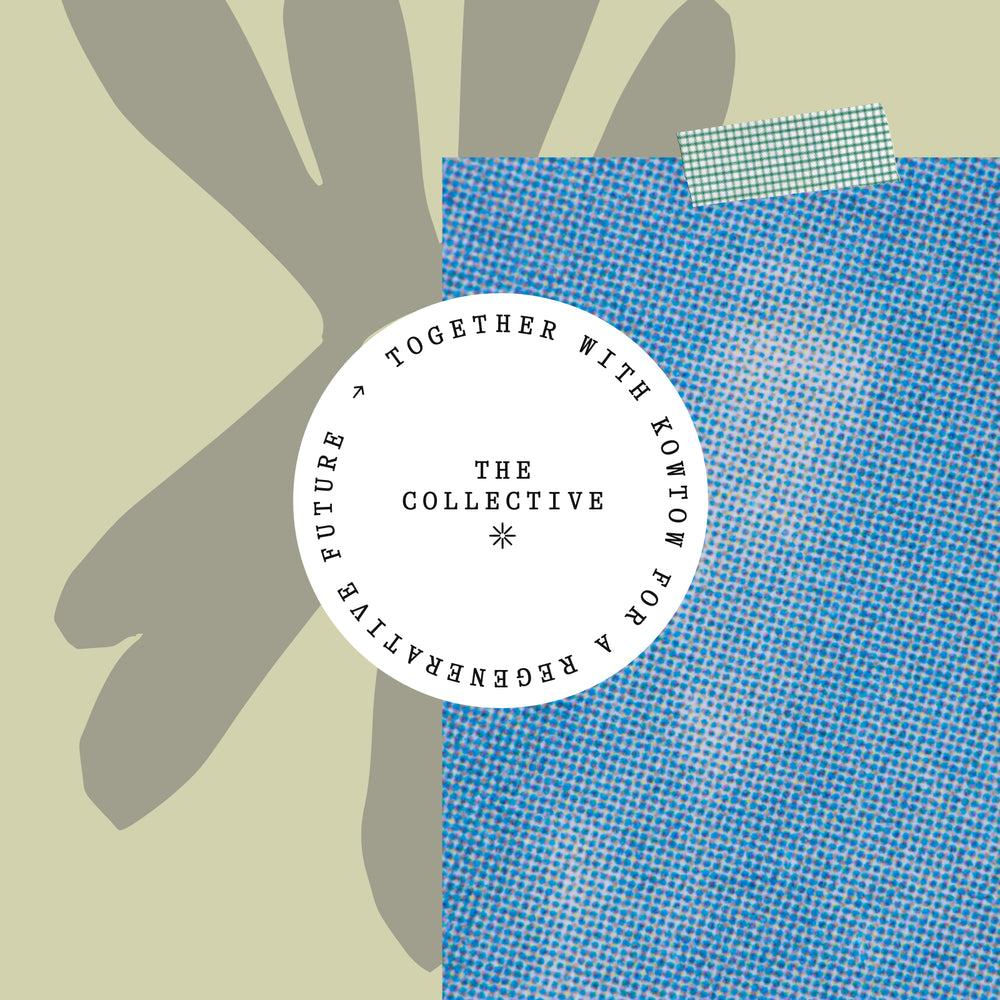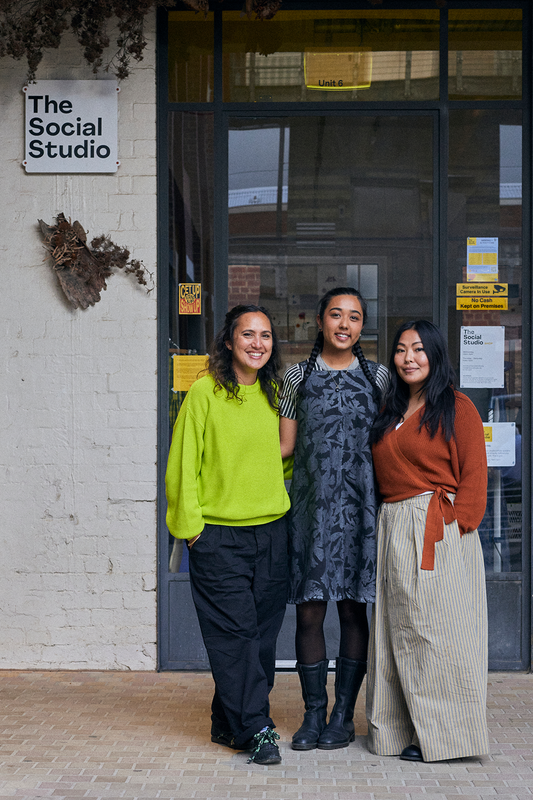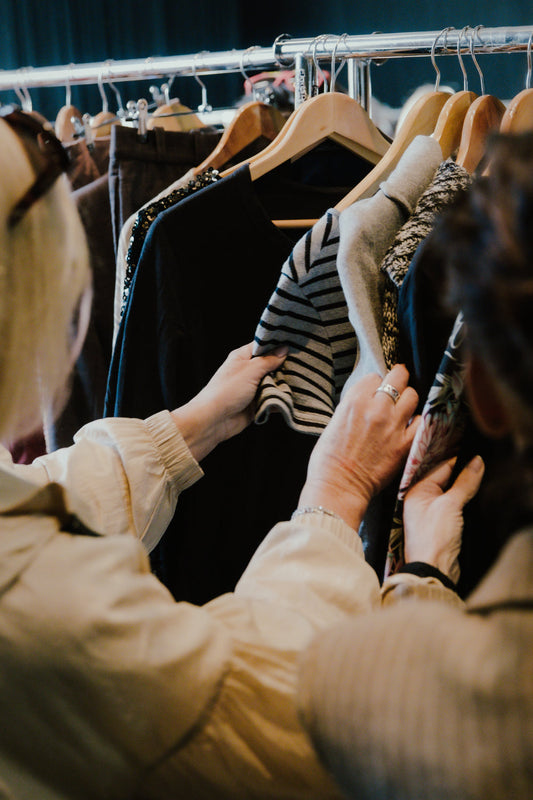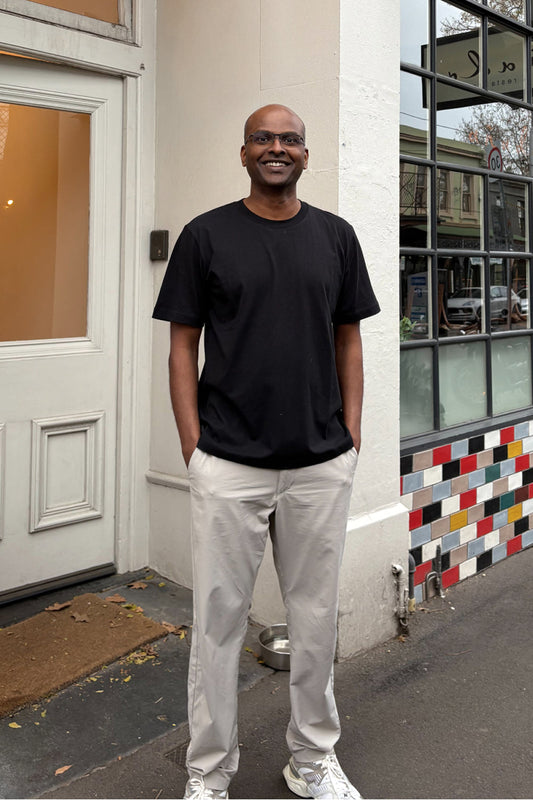
We believe organic, natural fibres are the answer to fashion’s climate crisis. How? Using regenerative agriculture practices to produce the natural fibres that make up our clothes.
In a recent conversation with us, sustainable fashion journalist, Lucianne Tonti described regenerative agriculture as ‘kind of like the next generation of organic farming. In fashion we can use it to grow cotton, wool, cashmere, silk, flax (linen) and hemp in ways that restore ecosystems, biodiversity and water cycles to landscapes - which makes them more resilient to extreme weather events like floods, droughts and fires.’
Kowtow clothes are only made from certified Fairtrade organic cotton - a natural, biodegradable and renewable resource, grown using non-genetically modified seeds and without harmful chemicals.

'When you farm this way you get stronger, softer, finer fibres.'
— Lucianne Tonti
On Fairtrade organic cotton farms, various regenerative practices are employed to promote soil health, biodiversity, and sustainable farming. Small lots of organic cotton are planted alongside food crops to feed farmer communities and promote soil fertility and biodiversity. Crops are rain-fed and hand-picked.
Organic cotton producer group, Chetna Organic, located in Yavatmal, is one of Kowtow's long standing supply partners. Situated in a region of India with a long tradition of cotton cultivation using a variety of regenerative practices in their farming. They rotate crops three times a year (non regenerative farms would do this five times a year) and plant cotton crops alongside legumes, vegetables, water and trap crops such as rice.
Biodiversity is promoted at Chetna Organic by a mix of flowering, fruiting, nitrogen fixing and biomass trees - all which convert nitrogen. Timber trees are also planted to help with carbon sequestration. To date, Chetna has planted 500,000 plants of diverse species native to local areas to build biodiversity.
Climate change is bringing heavy rain and drought to these areas so they are hoping that these trees will help reduce the erosion and increase the bee population which is so vital to keep ecosystems like this thriving.
Agroforestry techniques integrate trees and shrubs to improve soil fertility and provide habitat for wildlife, while integrated pest management methods minimise the need for synthetic pesticides.
In Fairtrade farms community engagement and empowerment are prioritised- knowledge is shared and decision making is a collective process among the farmers.
Regenerative agriculture is exciting for the future sustainability of the planet. It’s a practice that we challenge the wider fashion industry to investigate and implement wherever possible and citizens to expect as the standard. We must all treat the planet with more respect and care to thrive.




